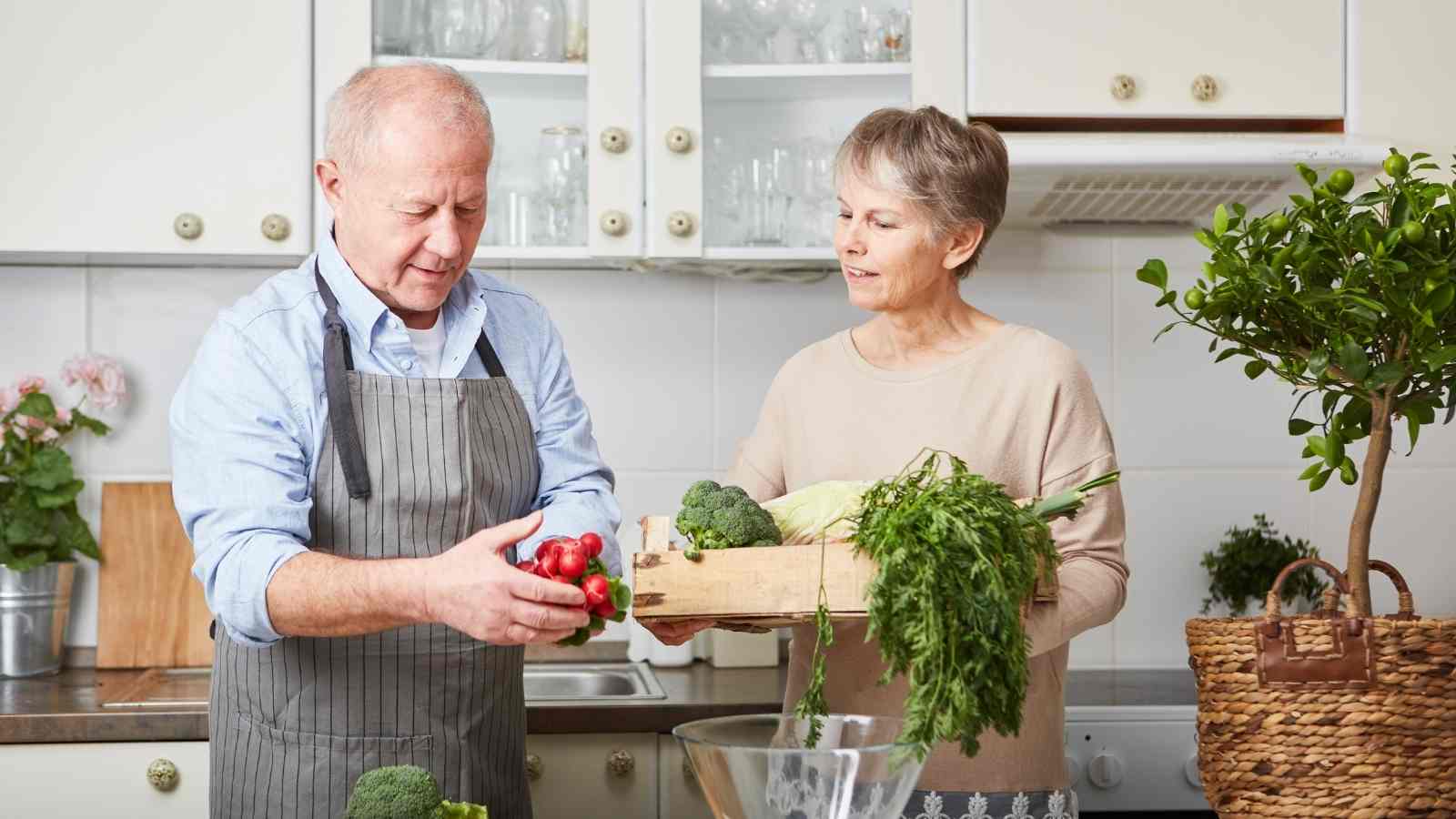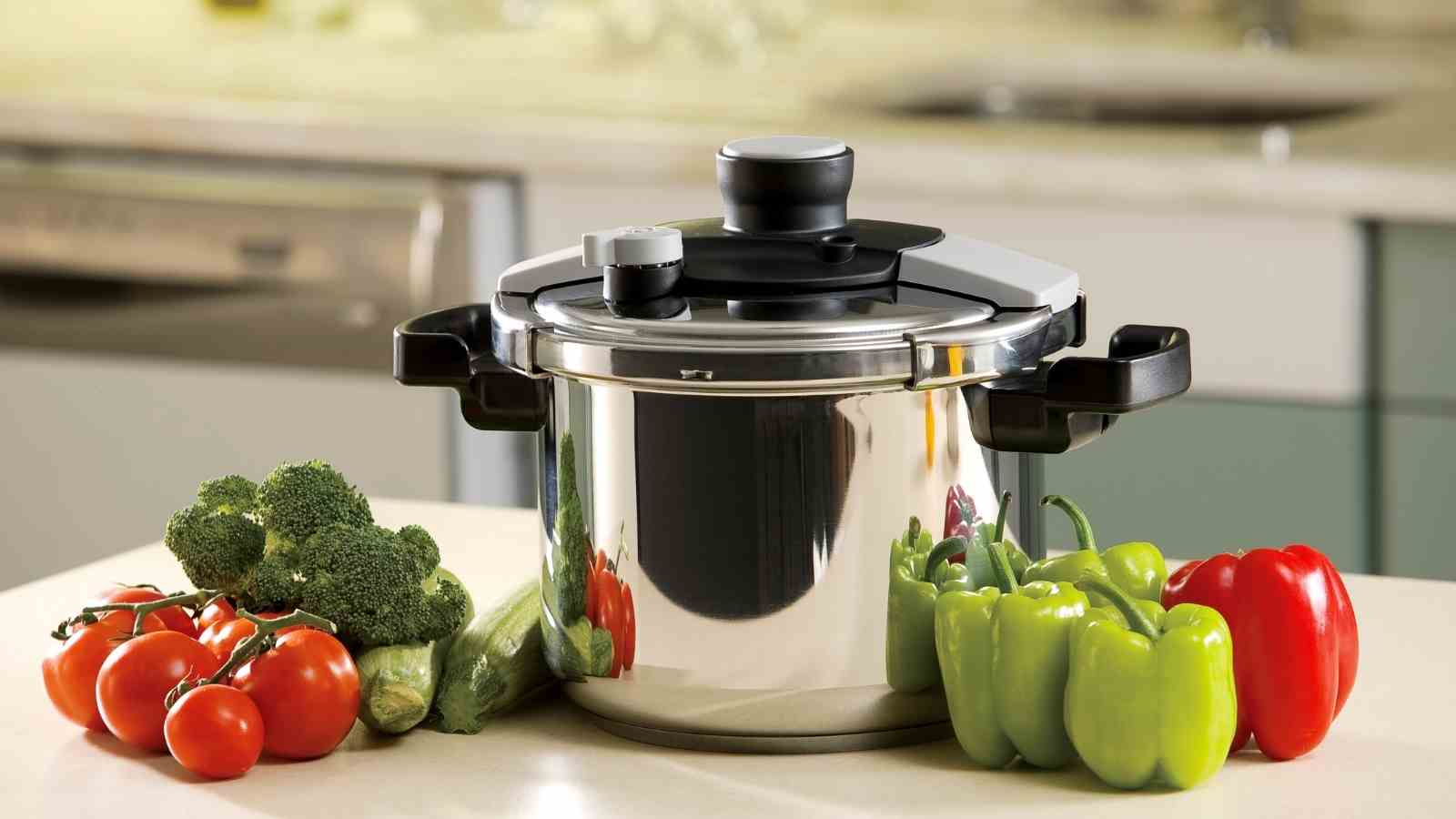As with any new gadget that promises to make life simpler, the pressure cooker's rapid cooking times and ease of meal preparation may seem to be too good to be true. There are many myths and speculations about pressure cooking, such that it causes cancer, exposes humans to toxins, and degrades the nutritional integrity of the food.
The majority of this supposition is based on the traditional long cooking durations of certain items, such as pot roasts, which pressure cookers, such as the popular Instant Pot, can prepare in less time than it takes to do a load of laundry.

Science, on the other hand, isn't definitive. Since the 1940s, scientists have been researching the effects of pressure cooking on food, with studies indicating that pressure cooking is both the greatest and worst technique of meal preparation.
Jump to:
What is the process of using a pressure cooker?
A pressure cooker cooks food rapidly by using heat and steam to produce a highly pressured atmosphere. Pressure cooking has been used since the 1600s, despite the fact that pressure cooker is a relatively young brand.
The sealing ring of a pressure cooker produces an airtight environment, allowing pressure and heat to rise safely. Because a pressure cooker is an all-in-one device that cooks many (and sometimes all) components of a dish at the same time, it's very simple to use.
Is high heat used in pressure cookers?
High-heat cooking causes nutrient loss and meats cooked at high temperatures have been linked to carcinogens.
People sometimes assume that pressure cookers use very high heat since they cook food so rapidly, but you may be shocked to hear that oven baking and grilling utilize considerably greater heat than any pressure cooker.
For example, you may bake chicken breasts for around 25 minutes at 350 degrees. At 500 degrees, grill chicken breasts for five to seven minutes on each side. The temperature in most pressure cookers is about 240 degrees Fahrenheit.
So, how do pressure cookers manage to cook food so rapidly at such low temperatures?
Pressure cookers are, in a way, more efficient. The higher pressure causes water to boil quicker and prevents steam from escaping, resulting in a speedier cooking environment.
Is it true that pressure cooking depletes nutrients?
All cooking techniques degrade the nutritional content of food to some extent, however, research provides both pro and con reasons for pressure cooking.
It doesn't work that way.
The speed with which pressure cookers cook may seem to be a reason for worry, but the preponderance of scientific research suggests that it isn't.
Pressure cooking was named the best out of six other cooking techniques in research because pressure-cooked meals maintained more nutrients than the others. Many subsequent investigations found similar results:

According to research, pressure-cooking broccoli kept 90 percent of its vitamin C, compared to 78 percent for steaming and 66 percent for boiling.
The antioxidant activity of legumes was shown to be lowered by boiling and steaming but elevated by pressure boiling and pressure steaming, according to the researchers.
Pressure-cooked meals seem to be simpler to digest than microwave-cooked foods, which might indicate that your body is able to absorb more nutrients from the food.
According to certain studies, pressure cooking removes anti-nutrients or molecules that prevent the body from absorbing and using nutrients. Pressure cooking eliminates more anti-nutrients than boiling.
Many nutritionists advocate for the use of a pressure cooker. When compared to other cooking techniques, pressure cookers are safe to use and may even be the best way to retain nutrients in food.
Pressure cooking is thought to be superior to conventional cooking techniques because water does not leech away nutrients, fast cooking durations mean less time for nutrients to leave, and lower temperatures imply fewer changes to the nutritional structure of foods.
Or maybe it does?
Although some research implies that pressure cooking damages nutrients, there is significantly less evidence against it than for it.
According to one research, food cooked under pressure lost more antioxidant activity than food prepared in other ways, such as microwaving or baking.
Some amino acids in vegetables seem to be destroyed by pressure cooking, although this is true of all cooking techniques.
Heat and water will eventually destroy certain nutrients, regardless of how you prepare your meal. Some heat-sensitive substances, such as vitamin C, lose their potency when exposed to heat. In terms of nutrition, however, home-cooked food, regardless of cooking technique, will always surpass fast food and packaged, processed food.
Is it safe to pressure cook?
So far, science has answered affirmatively.
Despite the fact that some studies show that pressure cooking isn't the ideal technique to maintain nutrients in food, there is no evidence that any model or brand of pressure cooker poses a health risk.
Don't worry if you're a fan of your pressure cooker: you can continue to use it securely. For the finest cooking results, keep these pressure cooker safety guidelines in mind.




